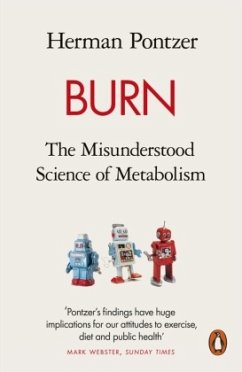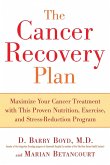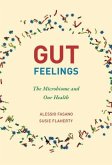'Pontzer's findings have huge implications for our attitudes to exercise, diet and public health' Mark Webster, Sunday Times
A myth-busting tour of the body's hidden foundations from a pioneering evolutionary biologist
'Public health strategies stubbornly cling to the simplistic armchair engineer's view of metabolism, hurting efforts to combat obesity, diabetes, heart disease, cancer, and the other diseases that are most likely to kill us'
Herman Pontzer's ground-breaking research has revealed how, contrary to received wisdom, exercise does not increase our metabolism. Instead, we burn calories within a very narrow range: nearly 3,000 calories per day, no matter our activity level.
In this book, he draws on twenty years of cutting-edge science to take a closer look at what happens to the energy we consume. Burn explores the ways in which metabolism controls every aspect of our health - from fertility to immune function - and reveals the truth about the dynamic system that sustains us.
Filled with facts and memorable anecdotes, this book will change the way you think about food, exercise and what really matters for your health.
A myth-busting tour of the body's hidden foundations from a pioneering evolutionary biologist
'Public health strategies stubbornly cling to the simplistic armchair engineer's view of metabolism, hurting efforts to combat obesity, diabetes, heart disease, cancer, and the other diseases that are most likely to kill us'
Herman Pontzer's ground-breaking research has revealed how, contrary to received wisdom, exercise does not increase our metabolism. Instead, we burn calories within a very narrow range: nearly 3,000 calories per day, no matter our activity level.
In this book, he draws on twenty years of cutting-edge science to take a closer look at what happens to the energy we consume. Burn explores the ways in which metabolism controls every aspect of our health - from fertility to immune function - and reveals the truth about the dynamic system that sustains us.
Filled with facts and memorable anecdotes, this book will change the way you think about food, exercise and what really matters for your health.









